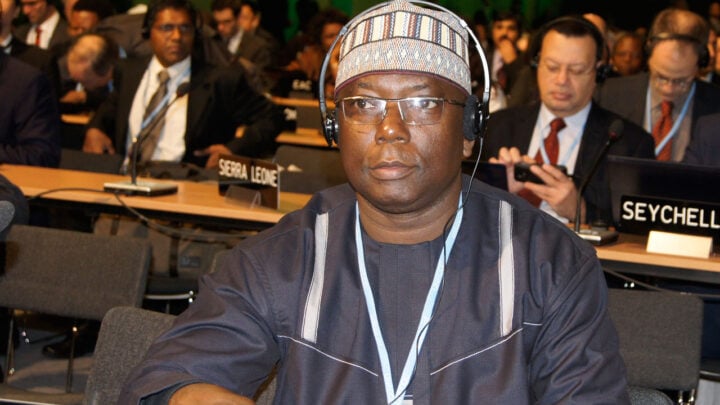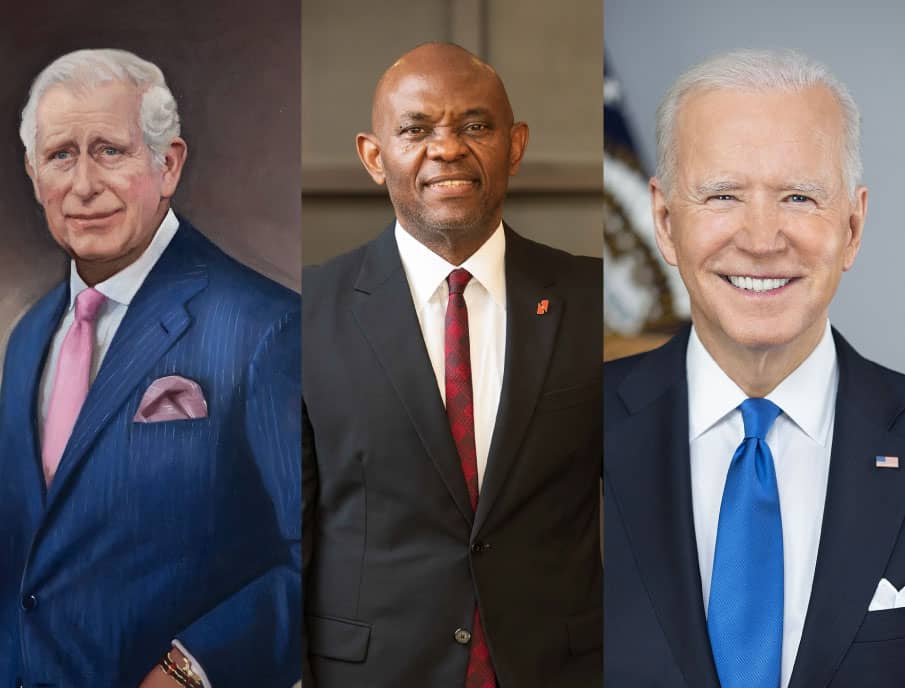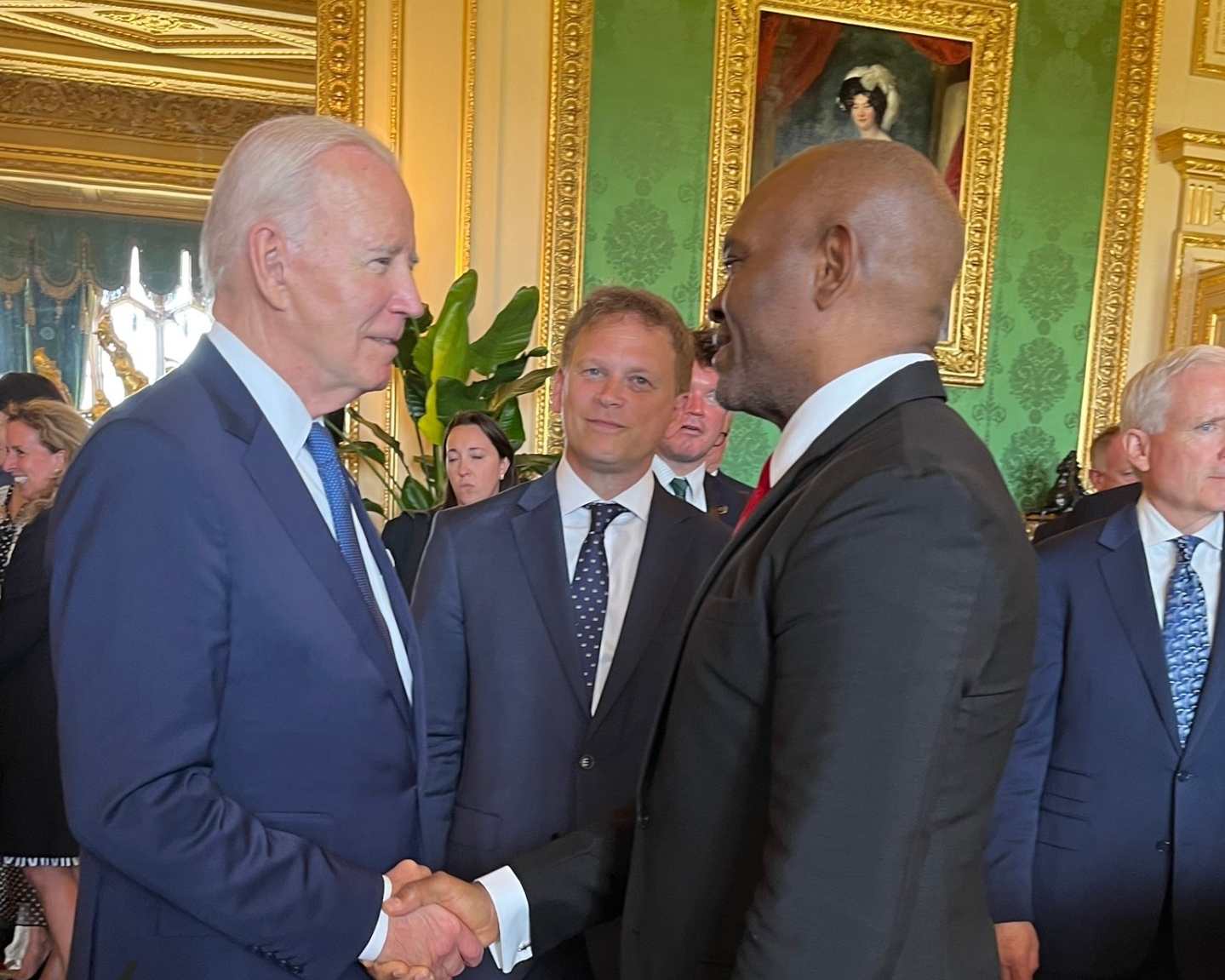Salisu Dahiru, the director-general of the National Council on Climate Change (NCCC), says carbon trading will help Nigeria mitigate the impact of climate change and meet its nationally determined contributions (NDCs).
Carbon trading, which is provided for in Nigeria’s Climate Change Act, is the buying and selling of credits that allows companies to emit certain amounts of carbon or greenhouse gases.
Speaking in Abuja on Thursday at a workshop on the assessment of carbon pricing initiatives, Dahiru said carbon trading will be implemented by Ministries, Departments and Agencies (MDAs), and private entities interested in earning carbon credits.
He said the recurring flooding across the country is proof that nobody can escape the climate crisis.
Advertisement
“As far as Nigeria is concerned, the carbon trading scheme is an aspect of our national policy and also our national priority to put in place all the measures needed to address our mitigation challenges, more importantly our adaptation challenges in the country,” he said.
“We are very familiar with the flooding that happened in the country last year. This year, we are seeing signs of flooding, this time around not only in the riverine areas but here in Abuja, which tends to highlight the fact that nobody can escape the impact of climate change.
“Not only for us or for the government to be investing but also for the private sector to see the potentialities of making what is always at the forefront for the private sector – profits from the carbon trading as the opportunity emerges.”
Advertisement
Dahiru, who said Nigeria is well positioned to take advantage of the opportunities in climate change mitigation and adaptation, added that there is a need for the trading scheme to properly align with the NDCs as contained in the Paris Agreement.
He added that the workshop was part of the foundational work to prepare Nigeria for participation in the emission trading scheme.
“There are a number of building blocks that need to be prepared for this purpose and this workshop is one of them, this workshop is something that has been ongoing,” he said.
“Today is the validation process so that we here in Nigeria, that will be involved in this process, become fully familiar with the process and understand them and also make our input.
Advertisement
“The situation whereby the ongoing carbon trading scheme that are all over the place are being done without recourse to the designated national authority for the United Nations Framework Convention on Climate Change (UNFCCC) in Nigeria, has to stop.
“We will ensure that every opportunity for harvesting emission reduction certificates from ongoing activities in Nigeria are linked to our NDCs because that is what the Paris Agreement said, and that is what we intend to follow.
“We want to take full advantage and make the necessary investment along our priority target contained in the NDCs and our net zero target,’’ he added.
CARBON TRADING WILL HELP TACKLE CLIMATE CHANGE IMPACT
Advertisement
Also speaking, Mbaye Diagne, a representative of the West African Alliance on Carbon Markets and Climate Finance, said carbon pricing is a viable instrument for reducing greenhouse gas emissions.
He said it is important for Nigeria to have such an instrument which would also impact the regional community and help support adaptation measures and poverty eradication.
Advertisement
“It’s a very long process that requires not only a very long political will but also full participation of all stakeholders,” he said.
“I hope that today’s meeting will lay the foundation for the start of the process in Nigeria.
Advertisement
“It will also provide an opportunity to assess the vast position in Nigeria and the possibility offered by the carbon pricing in the implementation and the reporting of the NDCs and providing opportunities to the private sector.
“The study aims to define what is the best estimate for Nigeria and it is very important that after consultants have developed and conducted the study, the stakeholders will implement all the measures that will be subject to the implementation of the different instruments to be chosen by the government.”
Advertisement
Add a comment






